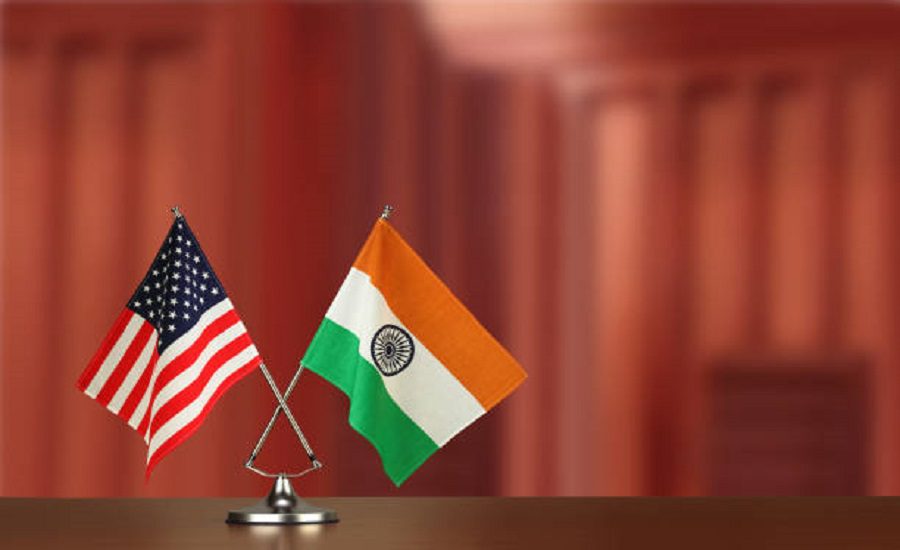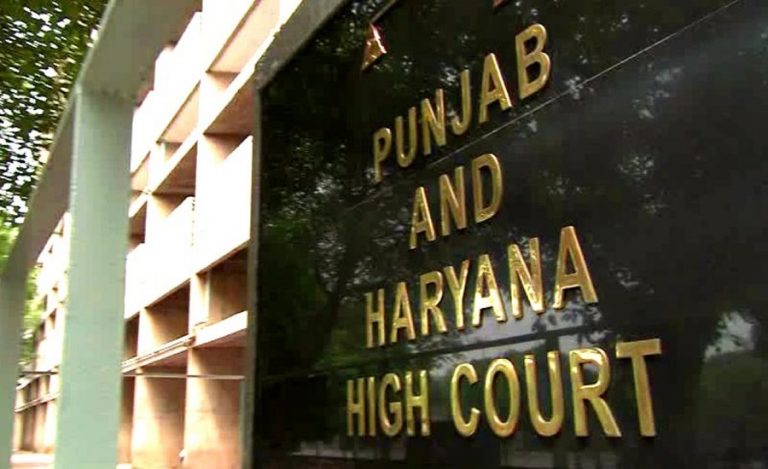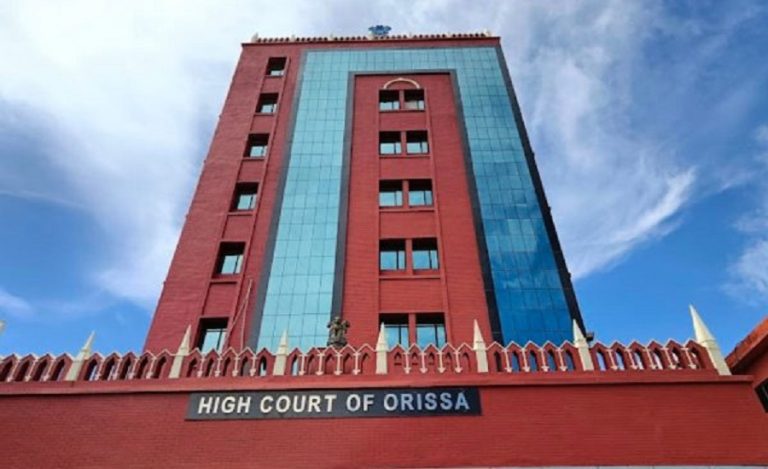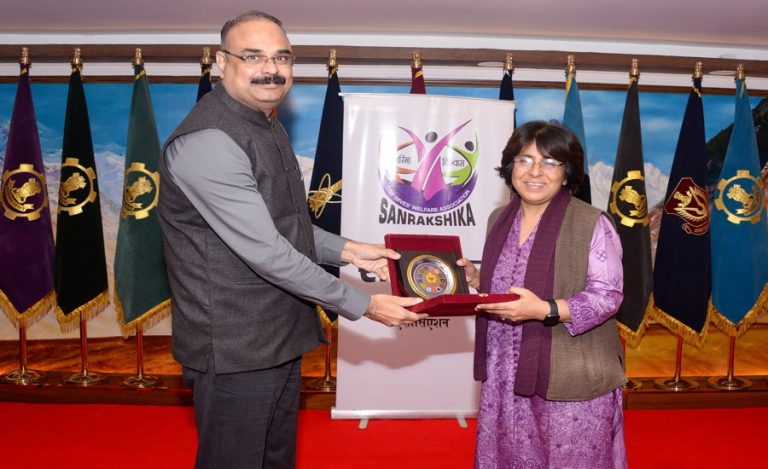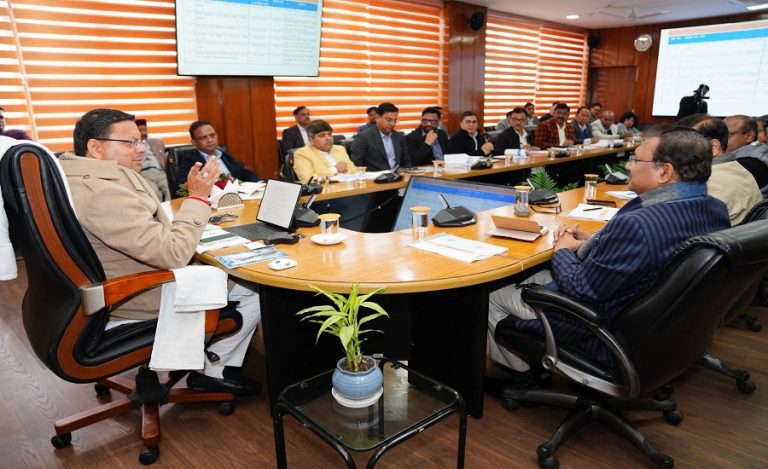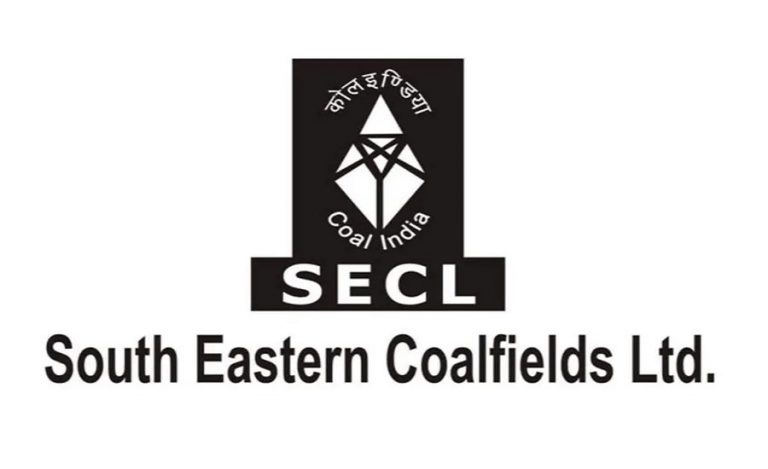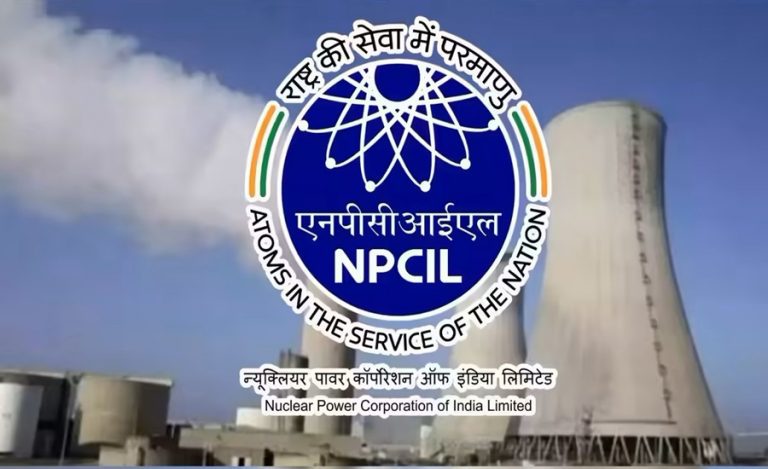New Delhi: In a significant diplomatic development, the United States has assigned an unusual dual role to its Ambassador-designate to India, Richard Verma, who will also serve as the Special Envoy for South and Central Asia. This move signals Washington’s increased focus on the region, which holds critical strategic importance amid evolving geopolitical dynamics.
Will India Mirror the US Diplomatic Strategy?
This dual charge given to the US Ambassador in New Delhi has sparked speculation about whether India might reciprocate by expanding the mandate of its Ambassador to the United States, Vinay Mohan Kwatra. Such a move would align with Washington’s approach, potentially granting the Indian envoy an additional regional portfolio covering South and Central Asia.
However, traditionally, India keeps its bilateral and regional diplomatic roles distinctly separate. South and Central Asian affairs are usually managed directly from the Ministry of External Affairs (MEA) headquarters in New Delhi rather than through its diplomatic missions abroad. Given this established framework, it currently appears unlikely that India will formally mirror the US strategy. Still, New Delhi is closely monitoring the development and weighing its options, signaling a nuanced approach in its diplomatic engagement.
Read also: President Trump Announces 25% Tariff on Indian Imports, Penalty Over Russian Oil and Defence Deals
India’s Enhanced Lobbying Efforts in Washington
Meanwhile, India is quietly ramping up its lobbying efforts in Washington, aiming to strengthen its influence within American policymaking circles. The Indian Embassy has entered into a retainer agreement with Mercury Public Affairs, a prominent lobbying firm, with a monthly fee of $75,000 effective from mid-August. This three-month deal reflects a more assertive strategy by India to enhance its narrative and counterbalance Pakistan’s more heavily funded lobbying campaigns, which reportedly outspend India by nearly three to one.
Strategic Goals Behind India’s Lobbying Push
This lobbying initiative is part of India’s broader diplomatic recalibration. Rather than solely relying on traditional government-to-government channels, India is leveraging Washington’s extensive lobbying infrastructure to more effectively shape congressional debates, influence policy outcomes, and solidify its strategic partnership with the United States.
While competition with Pakistan remains a factor, analysts suggest that India’s primary goal is to ensure its voice resonates clearly at the highest levels of American power, including the White House and Congress. This effort underscores New Delhi’s recognition of the critical role that Washington plays in regional security and economic cooperation.

